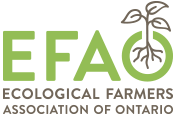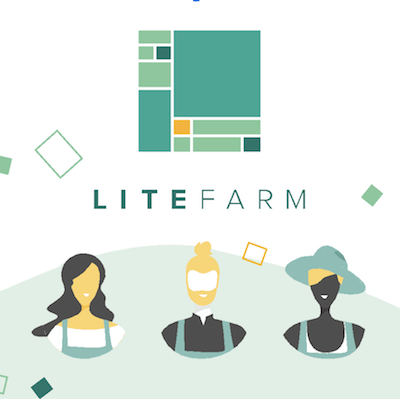Around two and a half years ago at an EFAO conference of 2017, a group of farmers along with a couple of scientists from the University of British Columbia embarked on a project. The aim of this project was to identify the technology needs of our farming community and to work together to develop a solution to meet those needs.
Over the years to follow, this group continued to work together, to prototype, test and build mobile software to assist with sustainable farm management. This group has, together, built the world’s first farm management application of its kind. One that not only helps with real-time, within in season, cost of production by crops, but also reports on a wide number of innovative socio-ecological metrics to individual farms, such as the number of people fed, labour happiness, soil organic matter, nitrogen and water use, and biodiversity.
At the EFAO conference in 2019, a beta version of this application, called LiteFarm, was released to the EFAO community. This was the first of a number of ‘soft’ releases, which have been done in Canada and in Central America with communities like the EFAO who have helped develop this tool. In the months to come, a public release will be made to all farmers globally.
The key feature that separates LiteFarm from the many farm data management tools currently available is that it is a completely community-driven, not-for-profit, solution which joins scientists and farmers together to try and solve the problems of financial sustainability, climate change, biodiversity decline, and the production of healthy and nutritious food. LiteFarm has been created as a public good. The platform is built to tackle the many socio-ecological dimensions of farming and has engagement across a wide spectrum of partners with a long-term interest in making the world a better place.
If you’re a farmer or researcher and would like to learn more about this project please check out our project webpage https://ubcfarm.ubc.ca/litefarm/. You can check out the fruits of our labour here: https://www.litefarm.org/.
Author: Zia Mehrabi is a Research Associate at the University of British Columbia, where he works on food systems, climate change, and agricultural technology.

